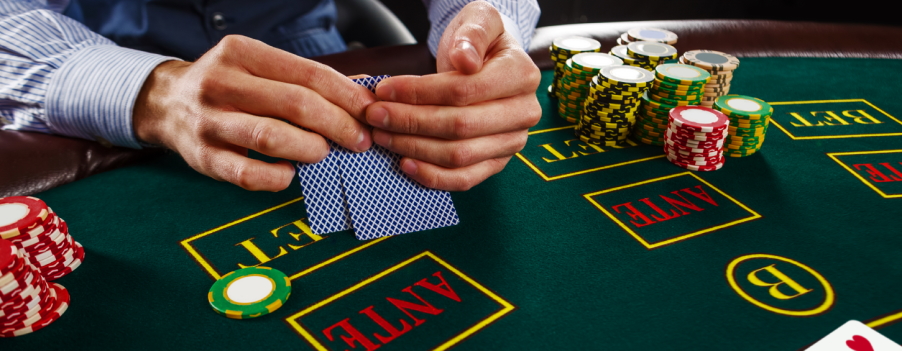
Emotional Control in Poker: The Key to Success
Emotional control in poker is a crucial aspect of the game, often determining the difference between winning and losing. This article explores the significance of emotional discipline and its impact on poker strategy and success.
The Essence of Emotional Control in Poker
Emotional control in poker refers to the ability of a player to maintain composure, regardless of the game’s ups and downs. It involves managing both positive and negative emotions to make rational decisions, rather than being driven by impulse or tilt.
Understanding and mastering one’s emotions in poker can lead to better decision-making, enhanced focus, and a competitive edge over less disciplined opponents.
Emotional Control: Application and Importance
Emotional control is crucial in all poker formats, from casual games to high-stakes tournaments. It allows players to remain focused, avoid costly mistakes, and adapt strategies based on logical analysis rather than emotion-driven reactions.
This skill is particularly vital in high-pressure situations, where one wrong move can lead to significant losses. It’s not just about controlling frustration or anger; it’s also about managing overconfidence and excitement.
Advantages of Emotional Discipline in Poker
1. Improved Decision-Making: Players with better emotional control can evaluate situations more objectively, leading to more profitable decisions.
2. Enhanced Mental Endurance: Emotional control helps in maintaining focus during long sessions, preventing fatigue and tilt.
3. Competitive Edge: Players who master their emotions often outperform those who succumb to emotional impulsiveness.
While the benefits are clear, achieving such control is not an easy task. It requires practice, self-awareness, and sometimes even professional guidance.
Potential Downsides of Emotional Control
Excessive emotional suppression can sometimes lead to stress and burnout. It’s important to find a balance between control and natural emotional expression. Poker is not just about logic; it’s also about intuition and sometimes going with one’s gut feeling.
Overemphasis on emotional control can also lead to a rigid playing style, making a player predictable. The key is to maintain flexibility and adaptability while being in control of one’s emotions.

Building Emotional Control Skills
Developing emotional control in poker involves various strategies like mindfulness, self-reflection, and understanding the psychological aspects of the game. Regular practice and experience play a significant role in honing this skill.
Role of Emotional Control in Long-term Success
Emotional control is a fundamental part of a player’s long-term strategy. Consistent emotional discipline leads to more steady and sustained success over time, as it helps in avoiding drastic losses and making the most of winning streaks.
Conclusion: Emotional Control as a Poker Strategy Cornerstone
In conclusion, emotional control is an essential element of a successful poker strategy. It’s about striking the right balance between rational thinking and emotional intelligence. Mastering this aspect of the game can elevate a player’s performance significantly.
